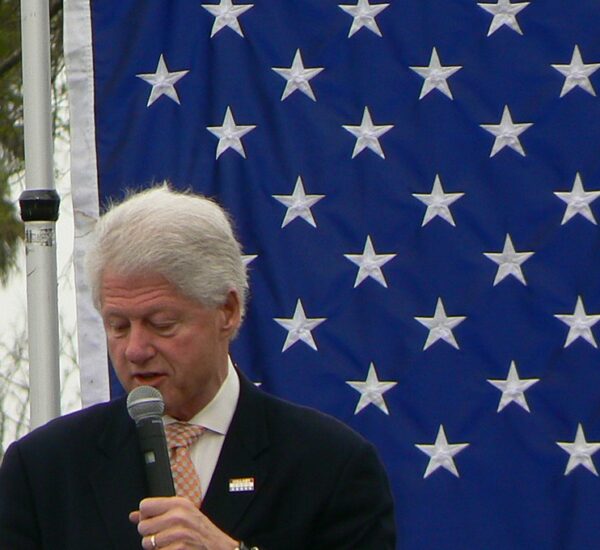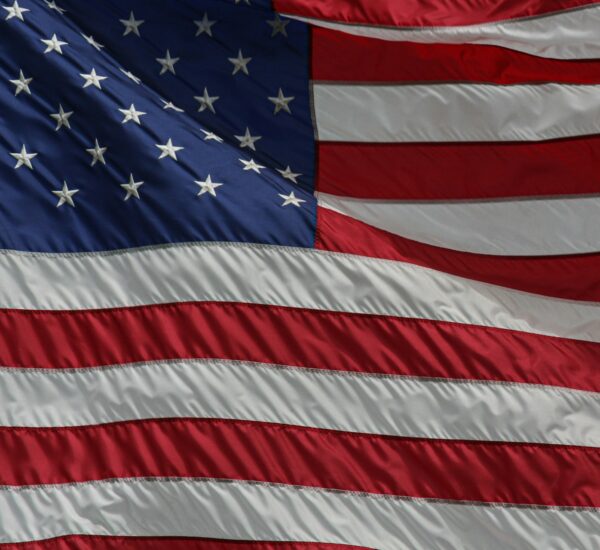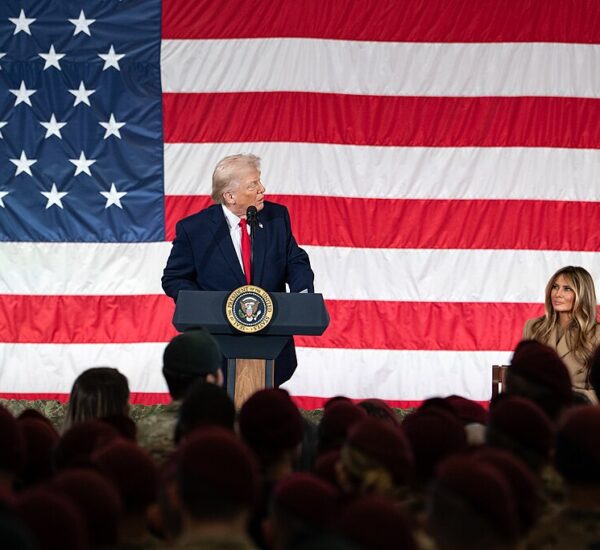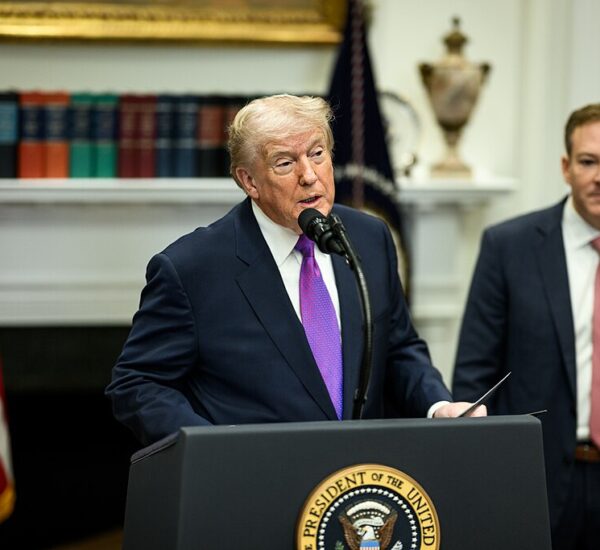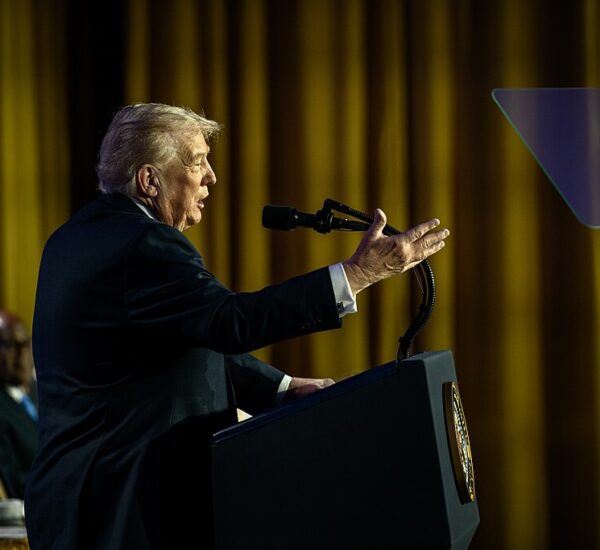Trump Ditches Congress For Tariff Checks
The Trump administration is taking a closer look at how to move forward with the proposed $2,000 tariff rebate checks for American households — and officials say they’re exploring every legal avenue, including options that may not require congressional approval.
This potential direct financial relief comes as millions of Americans continue to feel the impact of years of inflation and stagnant wages under previous administrations.
Trump: “Every Non-High-Income Citizen Will Receive at Least $2,000”
President Donald Trump announced earlier this month that the booming increase in U.S. tariff revenue would allow the federal government to send every non-high-income American a minimum rebate of $2,000.
Trump emphasized that the funds would come directly from tariff collections, not new debt or new taxes — a crucial distinction for older Americans concerned about rising national deficits.
White House Reviewing Whether Checks Could Be Sent Without Congress
Treasury Secretary Scott Bessent noted on Sunday that Congress will likely need to authorize the rebate payments. However, the White House is also studying potential legal paths to bypass a hostile or slow-moving Congress if necessary.
At a Bloomberg Government event, White House Deputy Chief of Staff James Blair confirmed the administration is evaluating all options:
“We will look as hard as possible to see if there’s a way to do it without Congress,” Blair said. “The most likely outcome is that it requires an act of Congress, but we’re exploring everything.”
After the event, Blair clarified on X that his comments were misinterpreted by some media outlets, reiterating that Congress remains the most probable route — but not the only one.
Economists Warn of Inflation — Supporters Say Tariff Rebates Are Different
Some economists claim that distributing rebate checks to every household could risk igniting inflation, similar to the stimulus surge seen after the COVID lockdowns.
However, supporters argue the comparison is misleading because:
- COVID stimulus was funded by debt and printed money
- Trump’s rebate proposal is funded by existing tariff revenue
- No new borrowing or federal expansion would be required
For many older Americans on fixed incomes, this distinction is crucial.
Tariff Revenue Surges: $195 Billion Collected as of September
New Treasury data shows a dramatic rise in tariff income under Trump’s policies:
- $195 billion collected by Sept. 30
- 153% increase from the previous fiscal year
- Nearly $30 billion collected in July alone
These numbers highlight just how much revenue the U.S. is generating from tariffs on foreign imports, particularly from China — revenue that the administration believes should be returned to American families.
What Comes Next?
The White House has made it clear that delivering rebate checks to American citizens remains a top priority. Whether through Congress or another lawful mechanism, the administration says it is committed to returning tariff revenue directly to the people who earned it.
As discussions continue, Americans — especially retirees and middle-class families — will be watching closely to see how soon relief could arrive.

